
At Anchored Tides Recovery, we understand that healing from addiction and trauma requires more than clinical treatment—it demands emotional honesty, self-reflection, and compassionate tools for coping. One of the most effective yet accessible methods we encourage is journaling and expressive writing.
Writing helps bring clarity to your internal world, offers a safe outlet for emotions, and fosters personal growth. For many women in recovery, journaling becomes a cornerstone of the healing process.
Why Journaling for Mental Health Works
Journaling is more than a diary—it’s a therapeutic practice grounded in psychological research. Studies show that writing about your thoughts and feelings can:
- Reduce symptoms of anxiety and depression
- Support stress management and emotional regulation
- Improve self-awareness and insight
- Help process trauma and grief
- Reinforce recovery goals and track progress
When you write, you’re not just documenting your experience—you’re actively making sense of it. This mental processing is vital in addiction recovery, where underlying emotional pain often drives substance use.
How to Journal for Mental Health
If you’re new to journaling, know that there is no right or wrong way to begin. The key is consistency and openness.
Here’s how to start:
1. Use Simple Prompts
Prompts can guide your writing and help you access your emotions. Try:
- “Today I feel…”
* - “One thing I’m learning about myself is…”
* - “What I want to let go of is…”
2. Write Freely
Don’t worry about grammar, spelling, or structure. Let your thoughts flow naturally.
3. Make It Routine
Choose a consistent time—morning, evening, or after therapy—to build journaling into your day.
4. Be Honest
The power of journaling comes from your willingness to be real with yourself. This is your space to explore without fear or judgment.
Journal Prompts for Mental Health
Using thoughtful prompts can help guide your journaling and open up new paths to emotional clarity. Here are a few to get you started:
- What emotion have I been avoiding, and why?
- When do I feel most at peace?
- What is one belief I have about myself that I’d like to change?
- What does healing look like for me?
- What are three things I’m grateful for today?
These prompts are meant to gently challenge your thoughts and deepen your self-awareness—two essential components of mental wellness and recovery.
Mindfulness Journaling: Writing with Intention
Mindfulness journaling is the practice of writing while being fully present in the moment. It can help you slow down, check in with yourself, and become more attuned to your emotional and physical state.
Try this mindful journaling exercise:
- Take a few deep breaths.
- Observe how you feel—physically and emotionally.
- Write down your observations without judgment or interpretation.
This technique is especially helpful for managing anxiety, grounding during difficult moments, and preventing relapse triggers.
How Does Writing Help in the Recovery of Addiction?
Writing is more than an emotional release—it’s a powerful recovery tool that helps you:
- Process unresolved trauma and shame
- Identify emotional triggers and behavioral patterns
- Celebrate progress and set intentions
- Reconnect with your authentic voice
- Build resilience and confidence
Expressive writing helps externalize the internal—transforming confusion into clarity and pain into purpose. It’s also a valuable method for preventing relapse triggers.
Journaling at Anchored Tides Recovery
In our women-centered programs, journaling is often incorporated into therapy sessions, group work, and daily routines. Whether you’re processing your past or setting goals for your future, writing can be a transformative part of your journey.
We provide prompts, structured exercises, and guidance tailored to where you are in your recovery. You don’t need to be a writer—just willing to be honest.

Frequently Asked Questions (FAQ)
Lorem ipsum dolor sit amet, consectetur adipiscing elit. Ut elit tellus, luctus nec ullamcorper mattis, pulvinar dapibus leo.
Not at all! Your journal is for you. It’s about authenticity, not perfection.
Not at all! Your journal is for you. It’s about authenticity, not perfection.
Ready to Begin?
Journaling is a simple practice that can lead to profound change. At Anchored Tides Recovery, we’ll help you discover the tools that work best for your healing—including the power of your own words.
If you’re ready to take the first step, bring a notebook to your next session or reach out to learn more about how journaling can support your recovery.
Helpful Resources and Next Steps:
- What Is a Substance Abuse Program for Women?
- Substance Abuse Among Women
- Substance Abuse & Codependency
- Intensive Outpatient vs Outpatient Programs
- Women’s Addiction Treatment Center Overview
Anchored Tides Recovery is a women’s addiction treatment center in Orange County offering PHP, IOP, and trauma-informed care designed to empower women through every stage of recovery.


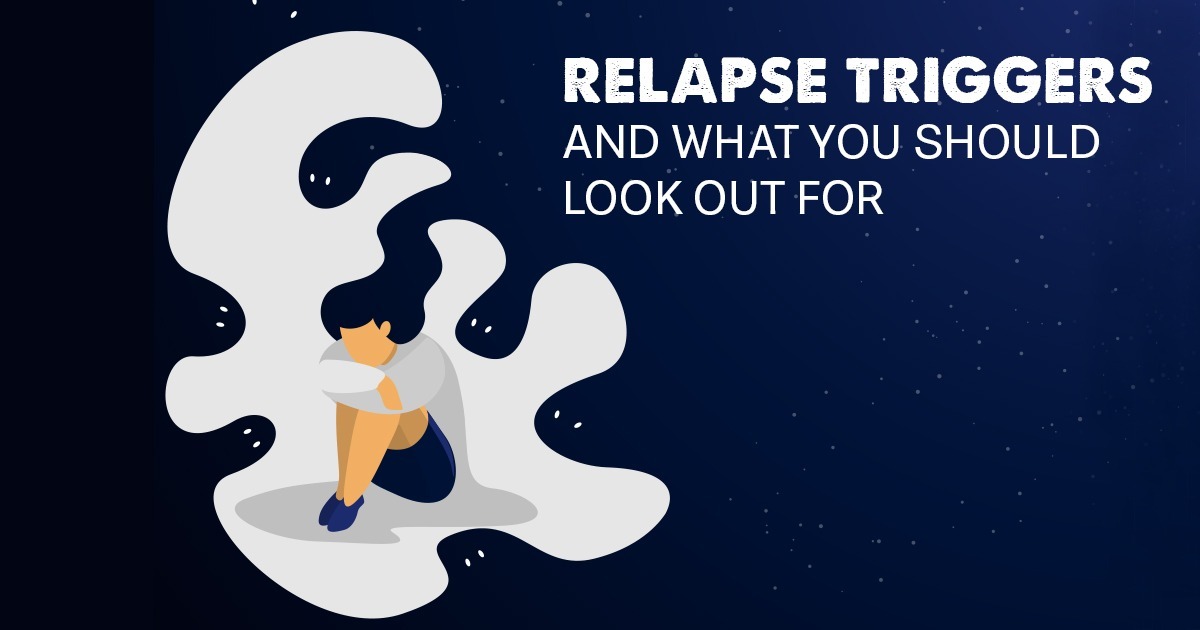





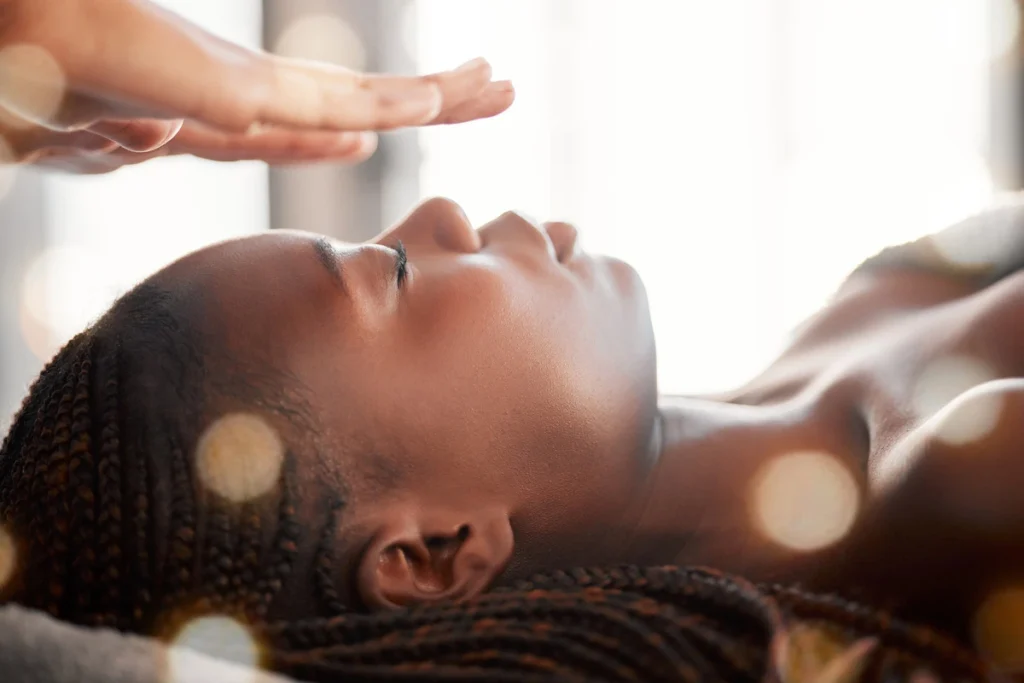






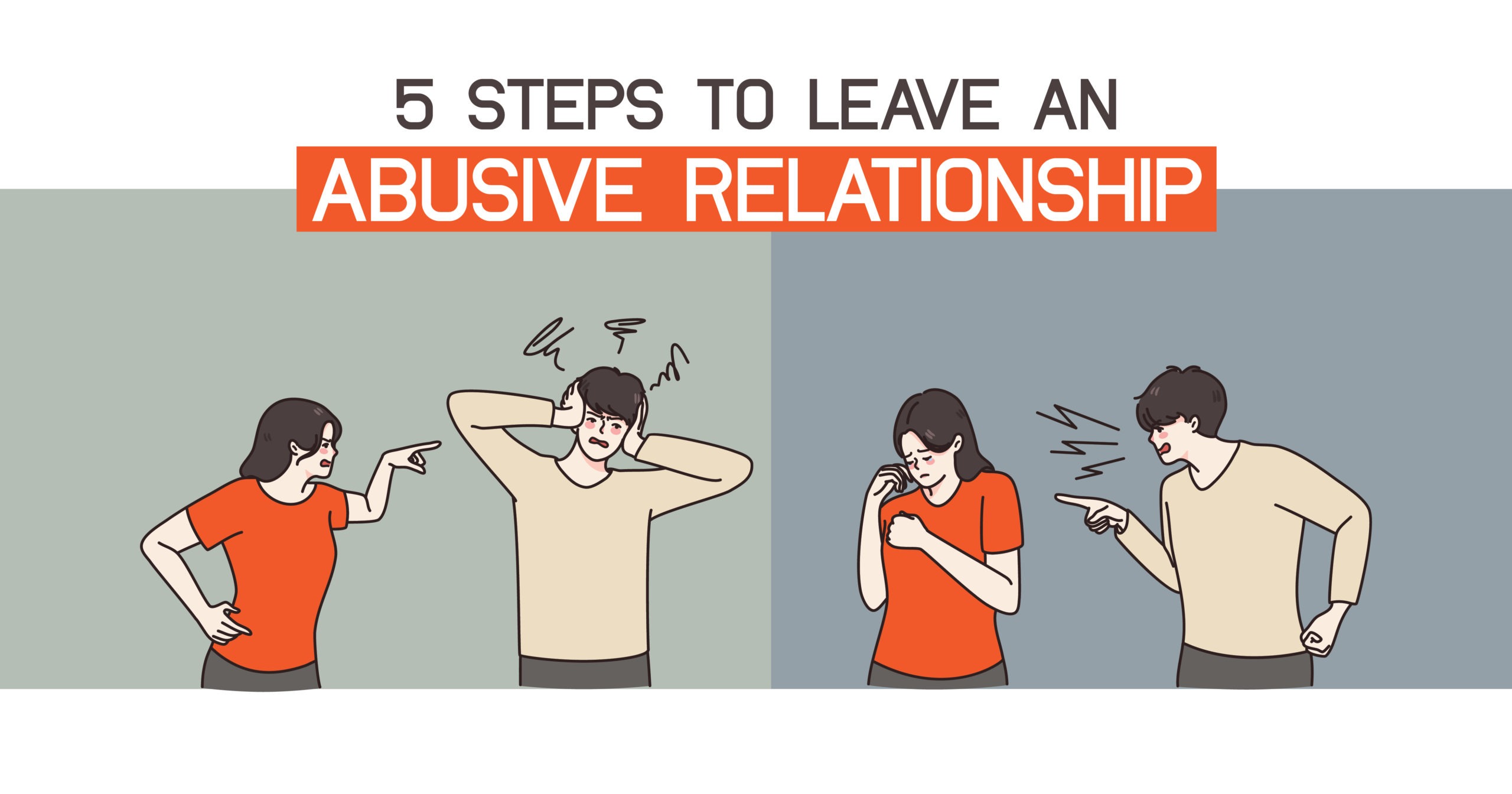

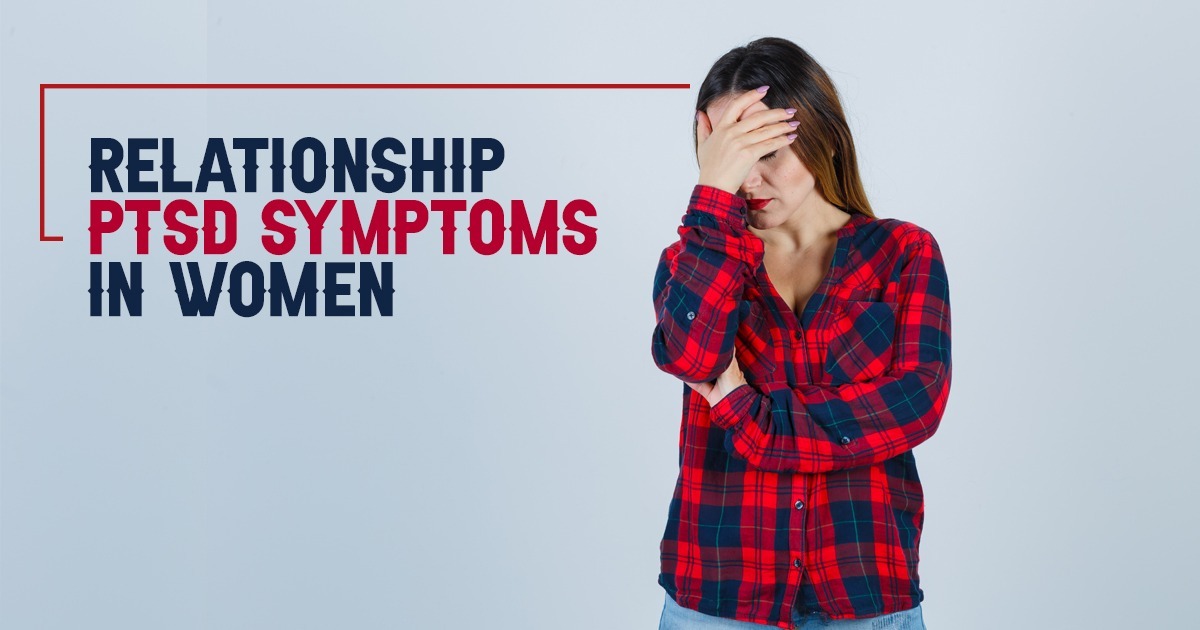


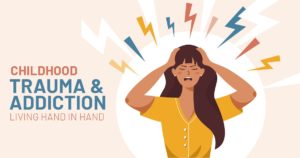
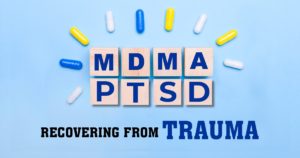







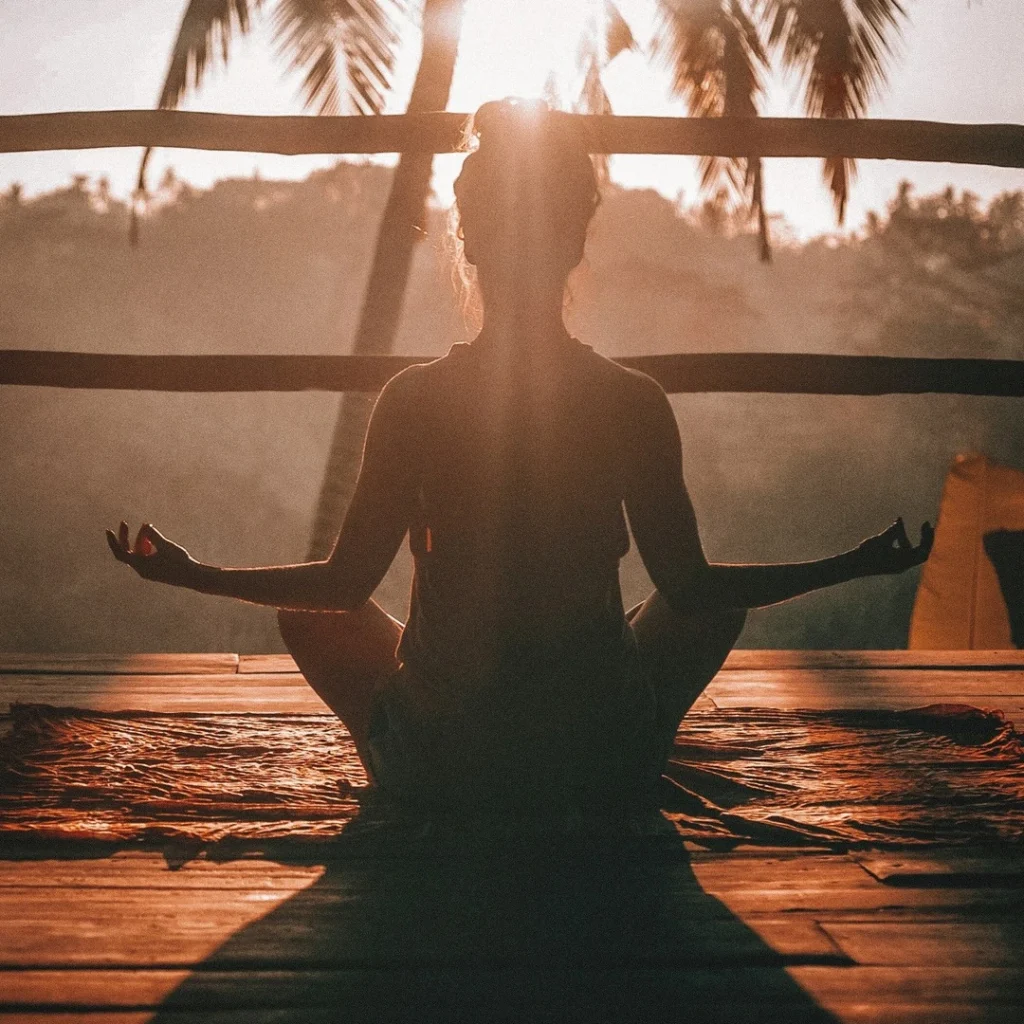


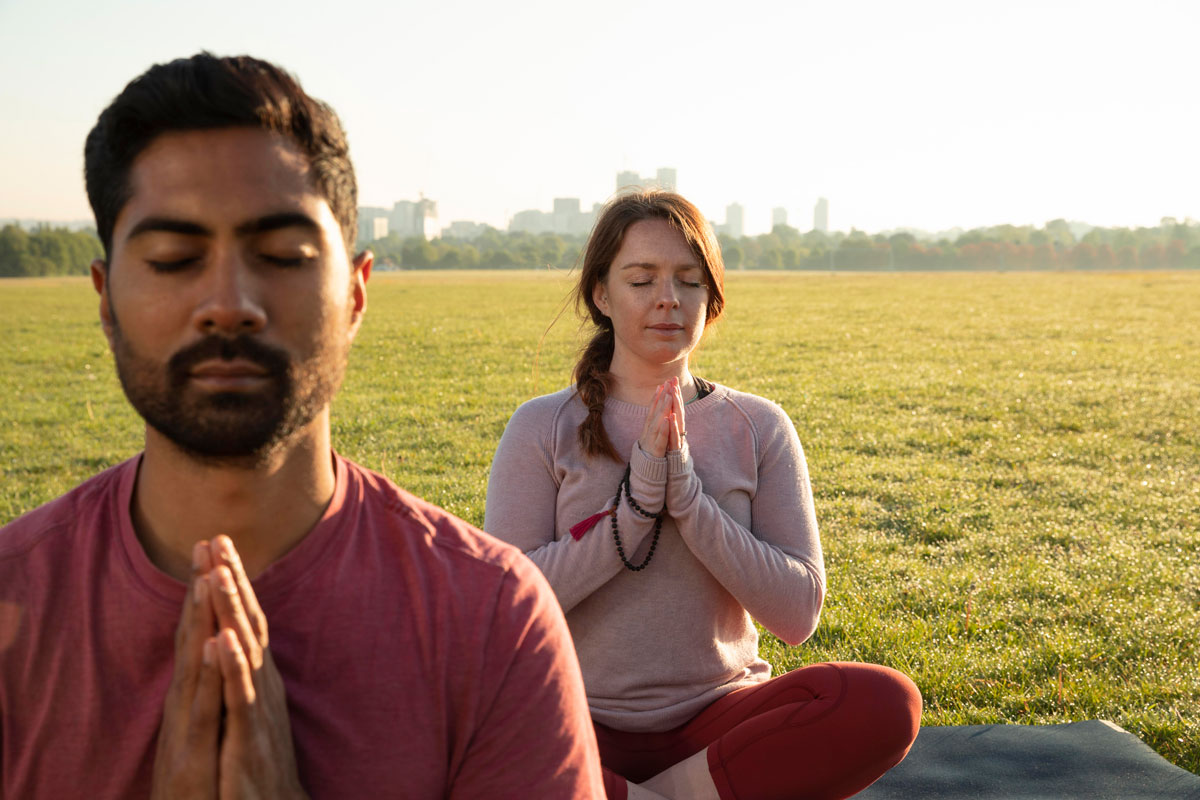
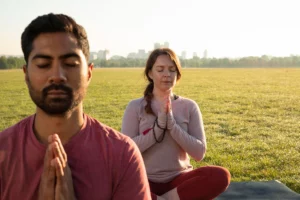 In a world where the prevalence of depression continues to rise, finding effective and alternative treatments is of paramount importance. One such alternative that has been gaining attention is heated yoga. In a groundbreaking randomized controlled clinical trial conducted at Massachusetts General Hospital, researchers discovered that participants who engaged in heated yoga sessions experienced significant reductions in depressive symptoms compared to a control group. This exciting development suggests that heated yoga could be a promising addition to the arsenal of treatments for individuals suffering from moderate-to-severe depression.
In a world where the prevalence of depression continues to rise, finding effective and alternative treatments is of paramount importance. One such alternative that has been gaining attention is heated yoga. In a groundbreaking randomized controlled clinical trial conducted at Massachusetts General Hospital, researchers discovered that participants who engaged in heated yoga sessions experienced significant reductions in depressive symptoms compared to a control group. This exciting development suggests that heated yoga could be a promising addition to the arsenal of treatments for individuals suffering from moderate-to-severe depression.



























